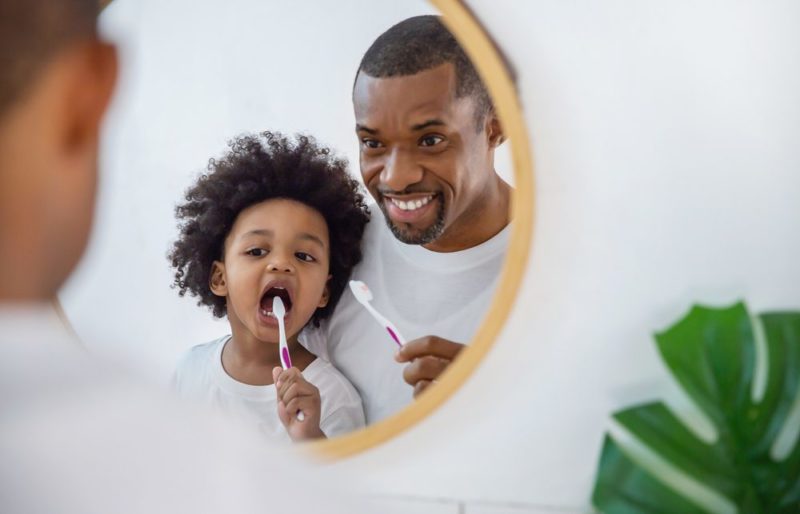Back to Basics: 5 Oral Hygiene Habits to Incorporate into Your Routine
With good oral hygiene, you can avoid tooth decay, gum disease, and bad breath. That’s reason enough to make it a habit! It will also help your overall health. Oral hygiene is important for your overall health. This upcoming year, keep it simple and get back to the basics of oral healthcare. Make sure to follow these five habits to keep your mouth healthy and clean!
1. Brush Twice Per Day
The American Dental Association (ADA) recommends brushing twice daily for up to two minutes each time. Remember that the most important part of brushing is the back of your teeth, which is where most plaque and bacteria can be found. So don’t forget to get in there!
If you’re having trouble remembering how long to brush, try taking a timer with you so that it’s easier to gauge how long you’ve been brushing. If you’re still having trouble remembering to brush twice daily, consider setting an alarm on your phone or setting up a recurring reminder in your calendar app to prompt you at specific times throughout the day—for example: “Brush teeth before bedtime.” This way, not only will it be harder for you to forget because there’s something else reminding you, but also because when we have an event planned at a certain time or place, our brains are more likely to make sure we’re there on time!
2. Use The Right Toothbrush And Toothpaste
Choose a toothbrush that is soft and small enough to reach all the teeth and has soft to medium bristles. Anything too hard can irritate your gums and doesn’t necessarily clean better. Stick to toothpaste with fluoride and those with ADA seals. If you are experiencing chronic cavities, tooth sensitivity, or other oral ailments, find a toothpaste to help with these symptoms.
3. Floss Once a Day
Flossing is a crucial step to incorporate into your oral hygiene routine. When you floss, you remove the food particles and bacteria between your teeth. This prevents gum disease, which can lead to tooth loss if left untreated.
Flossing is best done after brushing because the fluoride from your toothpaste will help clean as well as kill more bacteria than just plain water would.
If you find it difficult to floss due to physical limitations or difficulty reaching certain areas of your mouth, other products, such as interdental brushes, can help reach those spots for you. There are also flossers with disposable heads or ones that use water pressure instead of string if these methods aren’t effective either.
4. Rinse With Mouthwash
A rinse with mouthwash can help you kill germs and bacteria in your mouth. Having a good oral hygiene routine is important, so you don’t get cavities or gum disease. Mouthwash is a good way to clean your mouth after eating, especially if you eat foods that leave residue in your teeth.
Mouthwash can also help prevent bad breath by killing the bacteria on the tongue and freshening the breath after brushing.
5. Visit Your Dentist
Now that you know the five best oral hygiene habits to keep your teeth and gums healthy, it’s time to start incorporating them into your routine. In addition to the steps you can take at home, ensure you keep up with your bi-annual dental visits. With regular professional cleanings and monitoring of your oral health, we can help keep your entire mouth in tip-top shape!
If you have questions about these tips or want more information on improving your overall dental health, contact Daniel W. Fridh, DDS, today!

